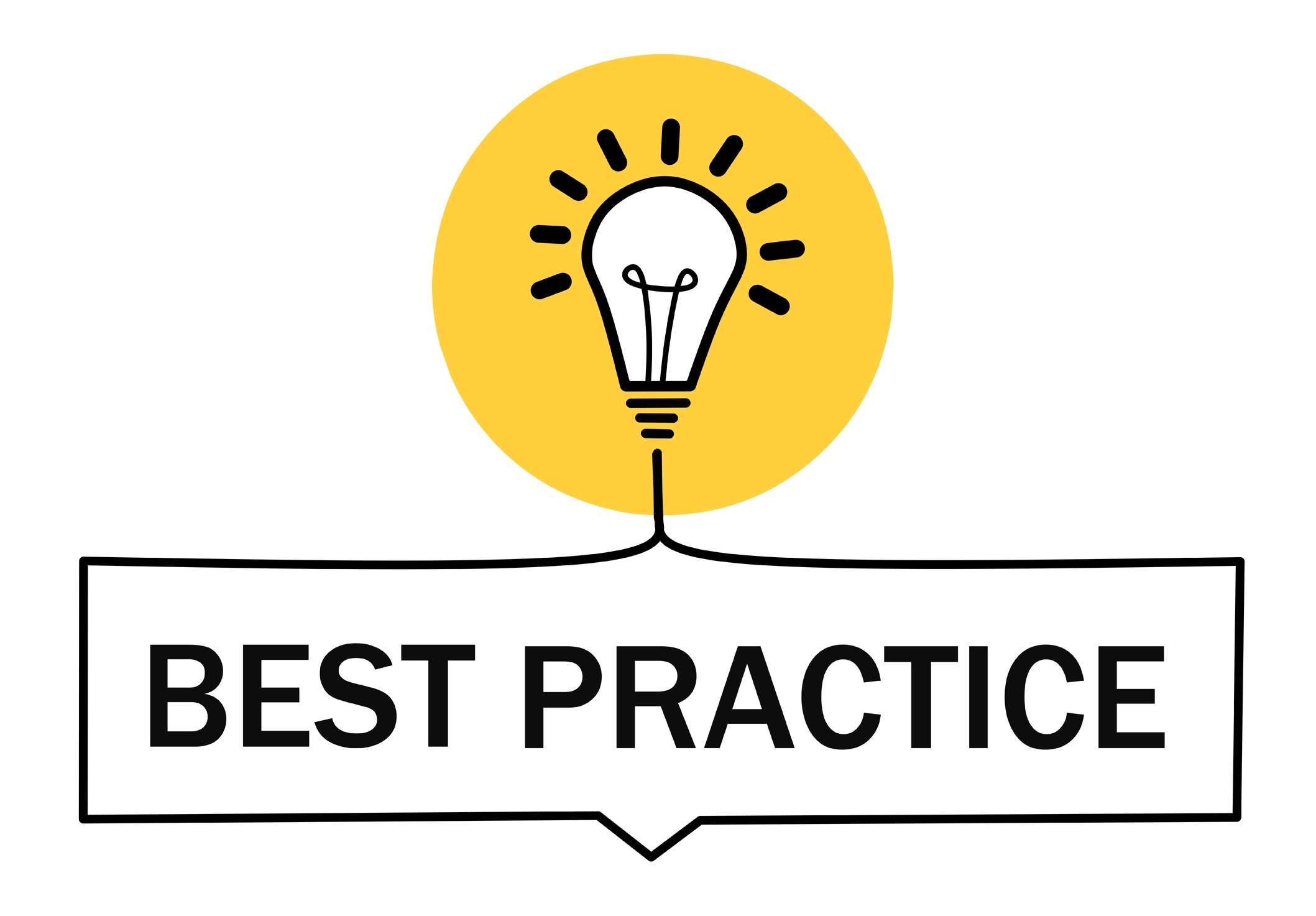Unit 1
Taking room reservations

take a room reservation

take a room reservation
Reservation is blocking a hotel room for a guest for a period of time according to the customer’s request. There are several stages in the reservation process: receiving a reservation inquiry, checking room availability, accepting or denying a reservation and, in case of acceptance, registering reservation details and sending a reservation confirmation email.
The room booking can be done by guests themselves or it can be done by a travel agent. It can also be done by a company or an organization which normally receive special rates in such cases. The reservation request can be made in person, over a telephone, by email or online.The reservation staff collects information about the guest’s name, dates of arrival and departure, room type, number of guests and rooms, contact number, mode of payment and payment details and any special requests. After checking room availability, the staff accepts the reservation and completes a reservation record. If the requested room is not available, a reservation is denied. The reservation confirmation includes the dates, the room type booked, an agreement of room rates, the method and details of payment and a statement of the cancellation procedure.
Exercise 1: Listening
 DIALOGUE 1:
DIALOGUE 1:
 DIALOGUE 1:
DIALOGUE 1:Taking a reservation
Receptionist: A Tim Williams: B
A: Good morning. Astra hotel. Anna speaking. How can I help you?
B: Hello. I’d like to make a reservation for a group of five, please.
A: Yes, of course. When would you like to check in?
B: On 17th July.
A: And how many nights would you like to stay with us?
B: For four nights, please.
A: What type of rooms are you looking for?
B: One double room, one twin room and one single room.
A: Let me check that for you. Please, hold the line.
…
A: Yes, that’s fine. We do have rooms available for those dates. Just to confirm one double, one twin and one single room for four nights from 17th July to 20th July, right?
B: Yes, that’s correct. How much is the total price for the 3 rooms?
A: The double and twin room rate is €320, and the single is €255, so that comes to €3,580 for the four nights.
B: Yes, that’s fine. Please, book the rooms for me.
A: Great. I will need a few details. First, can I take your name and surname, please?
B: Yes, it’s Tim Williams.
A: Can you spell your last name, please?
B: W-I-DOUBLE L-I-A-M-S.
A: Thank you, Mr. Williams. Now, can I take a credit card number from you to secure the reservation?
B: Yes, of course. The number is 5169-7662-1889-3332. The expiry date is 03/24
A: And can you also give me the three security numbers on the back of the card, please? It’s written under CVC.
B: Yes, it’s 3-2-7.
A: OK, Mr. Williams, that’s all done for you. Is there anything else I can help you with?
B: Yes, could I have a confirmation emailed to me, please?
A: Yes, of course. What’s your email?
B: It’s t dot williams at Gmail dot com.
A: OK. I’ll send that over to you now.
B: Excellent. Thank you very much.
A: You’re very welcome. We’re looking forward to seeing you on the 17th of July.
B: Thank you, you’ve been very helpful.
A: My pleasure. Have a great day.
Exercise 2: Read the dialogue and decide if the receptionist followed the required stages of taking a reservation.
Vocabulary Box
HOTEL ROOM TYPES
Room types by accommodation:
SGL single room – a hotel room for accommodation of one person
DBL double room – a hotel room for two guests with one large bed
TWN twin room – a hotel room for two guests with two different beds
TRPL triple room – a hotel room for three guests with two beds and one extra bed (a sofa or a folding bed)
suite –
EXB Extra Bed means an additional bed.
CHD Child (Infant) stands for a child. From the age of twelve, a child usually is provided with an extra bed as an adult person.
Hotel room types by the comfort level:
Junior Suite – a room of the semi-lux category with advanced design
Suite (* pronounced like the adjective sweet) – two rooms with advanced design, belonging to the lux category
De Luxe – a room of enhanced convenience
Family Rooms – family double and triple rooms
Studio – a single room with a kitchenette
Standard – a standard single room
Bungalow – a stand-alone house
Apartment with its own kitchen
Hotel room types by offering a view:
PV Pool View Room/Suite – a room overlooking a pool
Park View Room/Suite – a room overlooking a park
SV Sea View Room/Suite – a room overlooking the sea
CV City View Room/Suite – a room overlooking a city
MV Mountain View Room/Suite – a room overlooking the mountains
OV Ocean View Room/Suite – a room overlooking an ocean
Run of house – a room without any particular view
Hotel rooms, connected to other rooms:
Connecting rooms – rooms with individual entrance doors from the outside and a connecting door between.
Adjoining room – rooms with a common wall, but no connecting door.
Adjacent rooms – rooms close to each other across the hall.
Accessible rooms – rooms offering easy access to people with disabilities or those who have limited mobility. These rooms have facilities such as ground floor access or level flooring up to a lift, wheelchair ramps/wheelchair lift, lowered washing basins, widened doors etc.
Hotel Rooms by amenities:
Some hotels include names of the room´s amenities: type of room + with, for example, a suite with jacuzzi/ balcony/terrace/beach access/club access/private lounge
ROOM FACILITIES: air conditioning, central heating, hair drier, fridge, minibar, tea/coffee maker, microwave, in-room safe, flat screen TV, free Wi-Fi, high speed Internet access, separate bathtub and shower, telephone
Exercise 3:
Exercise 4:
Exercise 5: Speaking practice
Work in pairs. Choose one of the tasks. Make sure you use some of the words in the Vocabulary Box and make notes before speaking.
- Describe a room in a hotel you have visited recently: name the type of room according to the accommodation and level of comfort, amenities, facilities, connection and the view, then name the room rate.
Or
- Imagine you are going on a trip. Why are you traveling? Think of an ideal hotel room for your trip and describe it.
Exercise 6: Group work
In groups of four take turns asking about the facilities in the hotel room, you have described in ex.2

change reservations

change reservations
Sometimes modifications need to be made. If changes occur before the guest’s arrival, the staff modifies the reservation according to the guest request and amends the reservation record. The guest might require changes in the period of stay, the arrival or departure date, the number of rooms or hotel guests etc. Adding transfers, pickup details or upgrading the room are also possible changes.
Exercise 7: Reading
Read the dialogue and answer the following questions:
- How many changes have been made to the reservation?
- What exactly were they?
 DIALOGUE 2:
DIALOGUE 2:
 DIALOGUE 2:
DIALOGUE 2:Receptionist: A Joanna Wright: B
Changing a reservation
A: Morning. Astra Hotel. Anna speaking. How can I help?
B: Hello. I’d like to change a reservation I made earlier this week, please.
A: Can I have your name and date of birth, please?
B: Yes, I’m Joanna Wright and I was born on July 1st, 1992.
A: So, Ms. Wright, what would you like to change?
B: Instead of the double room we need a triple room because our daughter is coming with us.
A: OK, let me check our availability.
…
A: You seem to be in luck, there’s only one triple room available for your dates. The triple room rate is €355, which is € 50 more than the rate you paid for the double room you’ve initially booked.
B: Great news, thank you. Also, we’d like to stay for two extra nights if possible?
A: So, you’d like to stay with us from 5th July to 10th July, correct?
B: Yes, that’s right.
A: Let me check our availability.
…
A: That’s fine. Fortunately, we’ve got the same triple room available for this period. I’ll send a new reservation confirmation to your email. Please, follow the instructions to finalize the payment and secure the new booking.
B: That’s great, I will do that. Thank you very much.
A: You’re welcome. We look forward to seeing you on 5th July. Have a good one!
B: Thanks, you too.
Exercise 8:
Exercise 9:
Find the noun formed from the adjective available in the dialogue.
- Write a sentence using the noun.
- What is the opposite of the adjective available?

say dates, years, and email addresses

say dates, years, and email addresses
Saying dates, years and email addresses
|
WE WRITE |
WE SAY |
|
17th July |
the seventeenth of July |
|
July 17th |
July the 17th |
|
1984 |
nineteen eighty-four (Years are divided into two parts the first two digits and the last two digits) |
|
1900 |
nineteen hundred |
|
the year 2000 |
two thousand |
|
2006 |
two thousand and six (For the years 2001 to 2010, the most common way of saying the year is two thousand and + number) |
|
2016 |
two thousand and sixteen or twenty sixteen (The years after 2010 can be pronounced in two ways) |
|
t dot williams at gmail dot com |
|
|
. |
dot |
|
@ |
at |
|
_ |
underscore |
|
- |
hyphen |
|
A |
capital letter/upper case |
|
a |
lower case |
|
without capital letters |
all lower case |
|
com is short for company (after @) countries’ abbreviations (after @): uk (the United Kingdom), es (Spain) it (Italy), de (Germany), fr (France), bg (Bulgaria), rs (Serbia), hr (Croatia), si (Slovenia) etc. |
|
Exercise 10:
Work in pairs. Take turns. Ask your partner about their date of birth and email address and write them down. Then your partner checks if the personal details have been written down correctly.

cancel reservations

cancel reservations
In some cases, the guest may have to cancel the reservation. Reservation cancellation is a guest service which takes place when unexpected events occur. In the cancellation process the hotel administrator needs information about the guest's name and address, the arrival and departure dates, the reservation confirmation number and the reason for cancellation. When credit card guaranteed reservations are cancelled, the staff has to inform the guest that their credit card will be charged and give them a cancellation number as proof of cancellation.
Exercise 11: Reading
Read the dialogue and find out what the reason for the cancellation was.
 DIALOGUE 3:
DIALOGUE 3:
 DIALOGUE 3:
DIALOGUE 3:Receptionist: A Emma Harris: B
Cancelling a reservation
A: Astra Hotel. Anna speaking. How can I help?
B: I'm calling to cancel a reservation for a double room II made two weeks ago. Unfortunately, my husband would need to work overtime that weekend.
A: No problem, Madam. To cancel your reservation, I need your name and surname, phone number and the date you made the reservation, please.
B: The room was booked in the name of Emma Harris on 3 May. My phone number is +447427746835.
A: . All right, thank you. I can see your reservation, I will need a moment to cancel it.
…
A: Your reservation is now cancelled, Mrs. Harris.
A: Thank you. Is there a charge for cancelling the room at all?
B: No, it’s free of charge: our minimum cancellation policy is 48 hours, and you’ve cancelled well before that,
A: Thank you. I hope I’ll be able to make another reservation as soon as possible. I’m looking forward to staying with you.
B: You're welcome. We look forward to welcoming you. Please, don’t hesitate to call back and book with us any time. Have a lovely day, Mrs. Harris!
A: Same to you.
Exercise 12:
Exercise 13:

Language at work – useful phrases

Taking reservations
Starting the conversation
Good morning/afternoon/evening/hello. (name of the hotel) Hotel. (receptionist’s name) speaking. How can I help you?
Asking questions
What kind of room are you looking for/do you need/would you like?
When would you like to check in?
How many days/How long will you be staying?
And how many nights would you like to stay with us?
May I have your name/address/phone number, please? /Can I have you name and date of birth, please?
Is there anything else I can help you with? /Can I do anything else?
Useful phrases and expressions
Let me check that for you. Please, hold the line
We do have double rooms available for those dates /There are some double rooms still available.
Now, can I take a credit card number from you to secure the reservation? / Could I get your credit card number to confirm the reservation?
Your reservation will include complimentary continental breakfast. (complimentary = free of charge)
We’re fully booked. Now, can I take a credit card number from you to secure the reservation?
The single/double/twin room rate is…
… so that comes to … for the (the number of nights) nights. / Your total reservation cost will be ….
Finishing the conversation
Answering to ’Thank you’: You’re (very) welcome. My pleasure.
We’re looking forward to seeing you.
Have a great/nice/good day!
Changing reservations
So, what would you like to change?
Could you tell me your name and reservation number, please?
OK, let me check our availability.
Fortunately, we’ve got (the type of room) available for this period/for those dates
Unfortunately, we have no rooms available for this date/this period.
I’ve sent you an email confirming the changes.
Cancelling reservations
To cancel your reservation, I need your surname, phone and the date you made the reservation, please.
That’s fine, thank you. I can see your reservation on my screen. Give me a moment, please.
Your reservation is now cancelled. / OK, I’ve just cancelled your reservation.
It’s free of charge according to our cancellation policy. / You won’t be charged a cancellation fee because you have cancelled before the cancellation deadline.
There’s a non-refundable cancellation fee.
Our cancellation policy is ...
We’re looking forward to welcoming/seeing you in the near future
Exercise 14:
Exercise 15:
Exercise 15: Roleplay
Work in pairs. Student A is a receptionist, student B is a guest. Make a dialogue. Then swap your roles and make another dialogue. Follow the required steps and use some of the sentences from the Language at work box. You can choose from the following situations:
- Taking reservations
- Changing reservations
- Cancelling reservations
Exercise 16: Self-practice
- Recorded dialogue Listen to the dialogue with pauses for speaking practice. First, take the role of the guest, then the role of the receptionist during the pauses.
- Make a brochure of a small hotel or a list with the rooms available and room rates.
During the next lesson make dialogues in groups of four. You are the receptionist, the rest of the groups are guests who want to check in your hotel. Make dialogues. Then swap your roles. In turns, each member of the group takes the role of a receptionist.